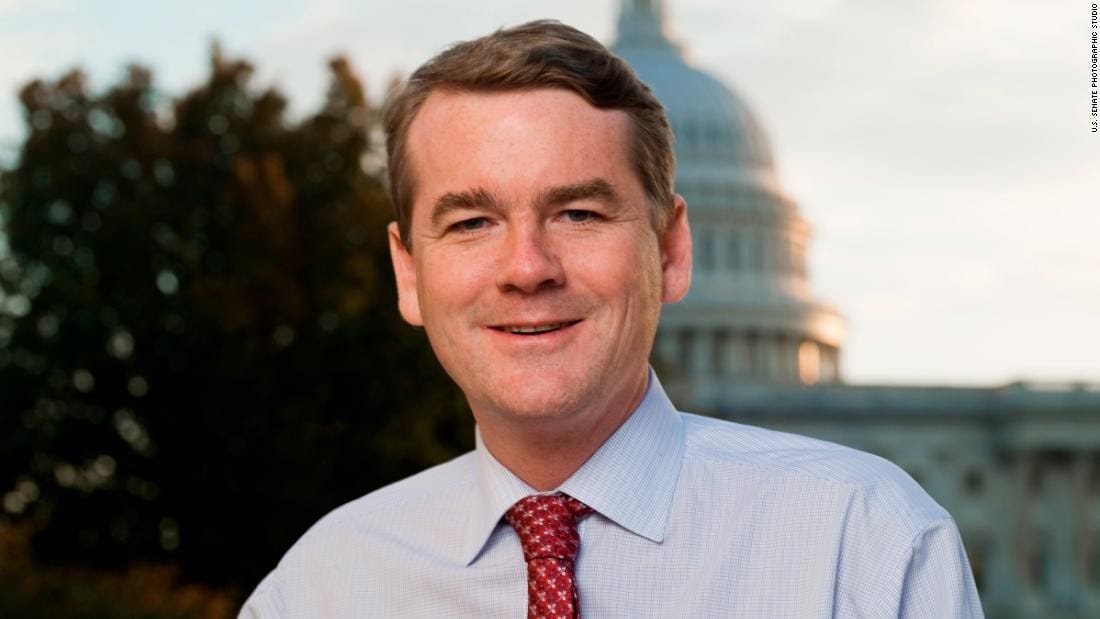Transportation Department Proposes to ‘Dig Once’, Growing Support for BRIDGE Act, West Virginia Fight Over Cable Speeds
The U.S. Department of Transportation’s Federal Highway Administration recently proposed streamlining broadband deployment in rights-of-way during federal highway construction projects. The proposal would require greater collaboration with states departments of transportation and broadband infrastru
Jericho Casper

The U.S. Department of Transportation’s Federal Highway Administration recently proposed streamlining broadband deployment in rights-of-way during federal highway construction projects.
The proposal would require greater collaboration with states departments of transportation and broadband infrastructure and roadwork projects.
The proposed rule would ensure that those digging to install utilities also ensure that broadband infrastructure is also installed. This will decreasing repeat excavation.
Such policies are often referred to as ‘Dig Once’ policies, and minimizing disruption to the traveling public.
The Consumer Technology Association filed comments on Monday (PDF) in support of the FHWA proposal. In its comments, the CTA highlighted the need to streamline broadband infrastructure deployment for consumers, minimizing costs, preserving land and maximizing space in the right-of-way.
“This is an issue we have long advocated for,” said CTA CEO Gary Shapiro. “It is a smart, efficient way to install much-needed broadband infrastructure in this country. Not only will consumers get better, faster internet access, taxpayers will save money from Dig Once policies by reducing costs from repeated excavations.”
Legislators build support for BRIDGE Act to deploy futureproof broadband nationwide
On Monday, U.S. Senators Michael Bennet, D-Colo., and Angus King, I-Maine, alongside dozens of national and state-level elected officials and organizations, announced growing support for the Broadband Reform and Investment to Drive Growth in the Economy, or BRIDGE, Act of 2020.
The BRIDGE Act (PDF), introduced by Bennet, aims to deploy affordable and futureproof broadband networks nationwide.
The legislation encourages gigabit-level internet wherever possible, raising the minimum speeds for new broadband networks to at least 100/100 Megabits per second [Mbps], which is much higher than the FCC’s current definition, set at 25/3 Mbps. The bill also accelerates overhaul of the FCC’s existing broadband maps, which consistently overstate broadband access in America.
“As the pandemic keeps millions of families at home, it has never been more urgent to extend the benefits of affordable, high-speed broadband to every American,” said Bennet. “For years, the digital divide has prevented up to 42 million Americans, disproportionately from rural areas, low-income neighborhoods, and communities of color, from being able to fully participate in modern American life.”
Bennet and King’s BRIDGE Act aims to close this gap, by providing $30 billion to States and $1 billion to Tribal governments to deploy broadband in unserved and underserved communities nationwide. The bill works to ensure any newly built networks meet minimum requirements for speed, service, and affordability.
“Broadband experts endorse the BRIDGE Act because it will invest in a 21st century broadband infrastructure that can meet America’s needs not only today, but for years to come,” said Bennet.
Disputes between public and private sectors in Huntington, West Virginia
Huntington, West Virginia Mayor Steve Williams claimed Comcast and corporate telecommunications lobbyists are actively trying to stop the city from receiving broadband grant funding from the Appalachian Regional Commission, a federal-state partnership.
A dispute has erupted over a $2.5 million grant from the Appalachian Regional Commission that would deliver high-speed broadband to Huntington, reported Fred Pace in the Herald-Dispatch.
“Unfortunately, we are learning that Comcast, which only provides a fraction of the level of high-speed broadband that they claim to provide, is actively trying to torpedo this project and our grant application,” Williams said on Monday. “At a critical time when we are trying to improve high-speed broadband and the economic outlook of our community, Comcast is attempting to squash us like a bug.”
As a part of its efforts in reviewing the ‘Thundercloud’ proposal, the Appalachian Regional Commission staff reached out to all providers currently operating within the region of the project. The ARC asked these providers to submit information concerning the level of broadband services available in the project area, for both residential and commercial customers.
According to Williams, Comcast has attempted to sidetrack the cities infrastructure build by claiming to offer internet speeds far faster than they do in reality.
“It is my understanding that at least four providers have provided the commission with information indicating that significant levels of service from multiple providers are currently available in the project area,” said Mark Polen, executive director of the West Virginia Cable Telecommunications Association, which represents the state’s major cable broadband providers, including Comcast.









Member discussion